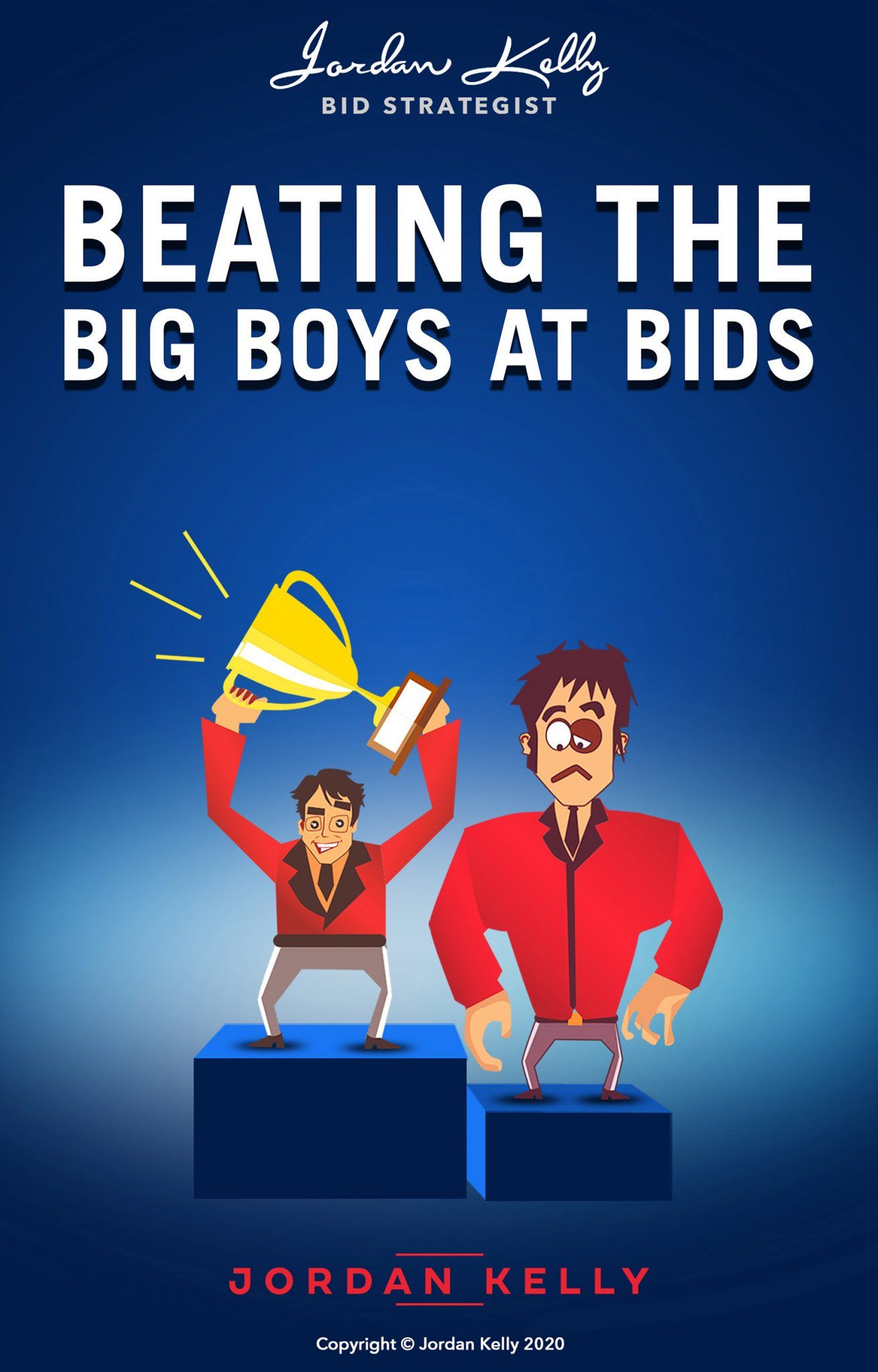Beating the Big Boys At Bids
How to Capitalise on An SME’s Natural Advantages
(A five-Module program to be customised for your organisation with personalised, online delivery by Jordan Kelly.)
The more intimately you know, understand, and appreciate the many different aspects of your target client's environment, the more closely you can tailor a proposal, and a ‘value proposition’, to hit that organisation’s hottest hot buttons.
The problem with your corporate sector competitors, is that many spend more time (in the planning, proposal production, and face-to-face phases) focused inwardly on their own product, service, brand or organisation, than on developing a deep, detailed and insightful understanding of either the client or of their competitors. Often, they simply dismiss their SME sector counterparts as insignificant in the competitive stakes.
Their arrogance represents your opportunity.

DESCRIPTION:
Module 1: How to Capitalise On An SME’s Natural Advantages
Identify, investigate and become skilled at capitalising on the surprising number of inherent, universal advantages of being one of the “small guys” when going up against corporate competitors in a bidding process.
Module 2: Coming in Under the Radar: Capitalising on Costly Corporate Arrogance
One of the most readily available competitive advantages an SME has over its bigger, well-heeled competitors, is the opportunity to capitalise on the average large corporation’s extraordinary, and very counterproductive, degree of arrogance.
I’ll show you how to find every chink in their armour . . . as created by “big brand” corporate arrogance.
Module 3: Differentiation, Positioning & Asymmetric Warfare
Turn “the IBM factor” on its ear, by learning the foundation of successful differentiation, both at a company/industry level, and also at the level of an individual bid/tender competition.
“The IBM factor” is an enduring marketing maxim of the ages. It harks back to the corporate procurement management notion that, ‘Nobody ever got fired for buying IBM’, as it related to the once all-powerful global technology monolith, IBM.
Module 4: Flexibility, Customisation & the Broader Definition of Value
The vast majority of your corporate competitors take a ‘bells and whistles’ (or, worse still) a profit-cutting approach to demonstrating ‘value for money’ (VfM) in their bids.
They fail to recognise the most compelling form or measure of VfM is that which represents "value" in the specific context of that customer’s/client’s world. Some do, but even those few often lack the deeply detailed analysis of the client and its “bigger picture” and its relationship to the way in which that organisation perceives value.
While your big-name competitors are lauding their size, their big-brand strengths, and their ability to pack multiple bells and even more whistles into their offer, I’ll teach your team how to identify the customer’s (deeper) definition of value for money (VfM), as well as that organisation’s environment-specific, and bid-specific, take on non-price-based value.
Then, I’ll teach your team members how to structure an offer, and their overall pursuit, to appeal directly to your nominated customer organisation’s specific definition of VfM.
Module 5: Typical Assessments I’ve Made of Corporate Clients’ Submissions
In this final Module, I’ll walk your team through an amalgamated and anonymised commentary typical of the evaluation reports I’ve produced over the past two decades for large, corporate sector clientele.
The smartest way to learn is from the mistakes of another. And there are plenty here to learn from.
Ready to Power Up Your Pursuits?
Contact me to discuss my customisation of this core program in accordance with the specifics of your company, your industry, and your current business environment and its challenges.


